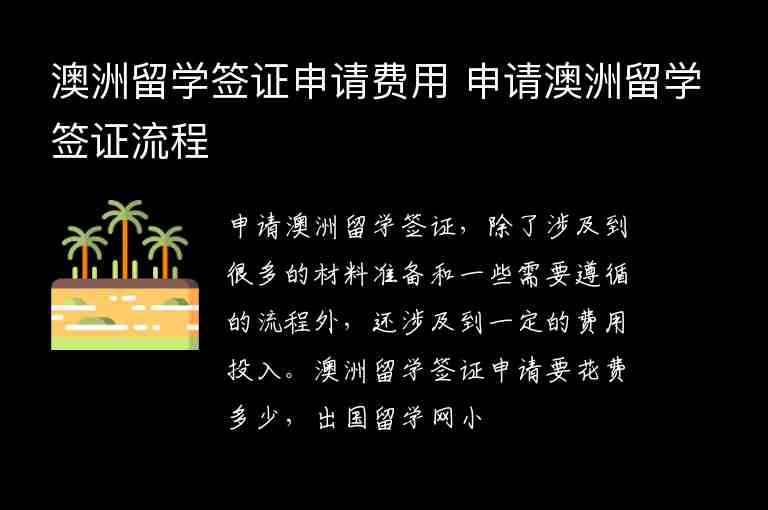boy是一个英文单词,意为男孩或男子。它常用于指代年轻的男性,通常指年龄在青少年到成年之间的男性。该词源于古英语的“bōia”,意为“仆人”或“佣人”,后来演变为指代年轻男性。
怎么读(音标)
boy [bɔɪ]
用法
作为名词,boy可以指代以下几种情况:
1. 年轻的男孩:He is just a little boy.(他只是个小男孩。)
2. 年轻的男性:He is a nice boy.(他是个好小伙子。)
3. 儿子:My boy is growing up so fast.(我的儿子长得真快。)
4. 仆人或佣人:The boy brought us our drinks.(那个仆人给我们送来了饮料。)
作为形容词,boy可以用来修饰名词,表示与男孩或年轻男性相关的:
1. 少年时期的:His boyhood memories are still vivid in his mind.(他少年时期的回忆仍然清晰地留在他脑海中。)
2. 适合儿童使用的:This toy is designed for boys and girls aged 3 and above.(这个玩具适合3岁及以上的男孩和女孩使用。)
例句1-5句且中英对照
1. He is a smart boy who always gets good grades in school.(他是个聪明的男孩,学习成绩总是很好。)
2. The boy next door is always causing trouble in the neighborhood.(隔壁的男孩总是在社区惹麻烦。)
3. My little boy loves playing with his toy cars all day long.(我的小男孩整天都喜欢玩他的玩具车。)
4. The boys and girls in the class were divided into two teams for the game.(班上的男生和女生被分成两组参加比赛。)
5. He used to be a shy boy, but now he has become more outgoing and confident.(他过去是个害羞的男孩,但现在变得更加外向和自信了。)
同义词及用法
1. lad:与boy相似,指年轻的男性。
例句:The lads were playing soccer in the park.
这些小伙子们在公园里踢足球。
2. youth:指青少年或年轻人。
例句:The youth of today are very tech-savvy.
当今的年轻人非常懂科技。
3. son:与boy不同,son指代某人的儿子。
例句:His son is studying abroad for his college education.
他儿子为了上大学正在国外留学。
4. guy:与boy相似,指男性。
例句:That guy over there is my brother's friend.
那边那个人是我哥哥的朋友。
编辑总结
boy作为一个常用的英文单词,意为男孩或男子。它可以指代年轻的男性,也可以用来修饰与男孩或年轻男性相关的事物。除了常见的意思外,它还有“儿子”和“仆人”等含义。在使用时需要注意与其他类似词汇如lad、youth和son等的区别。


